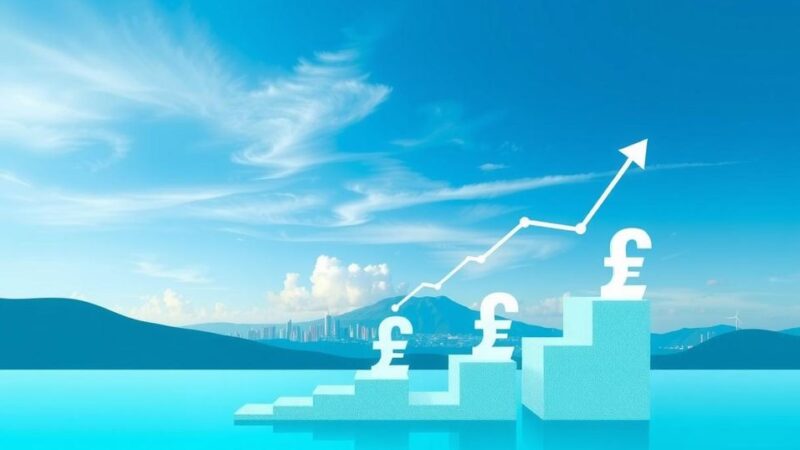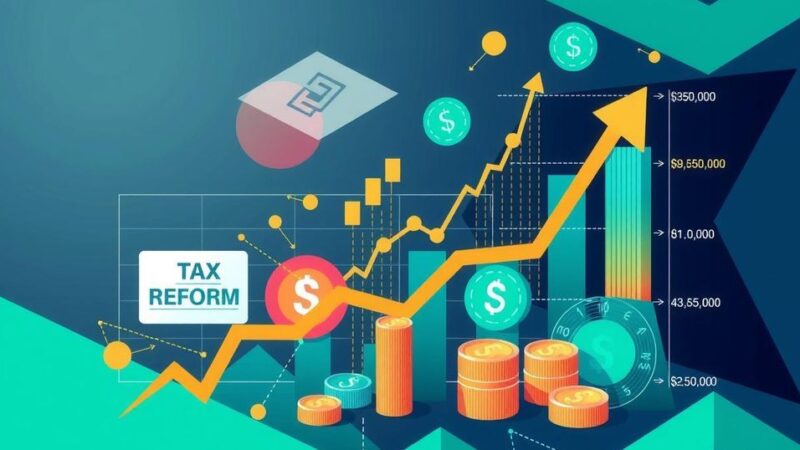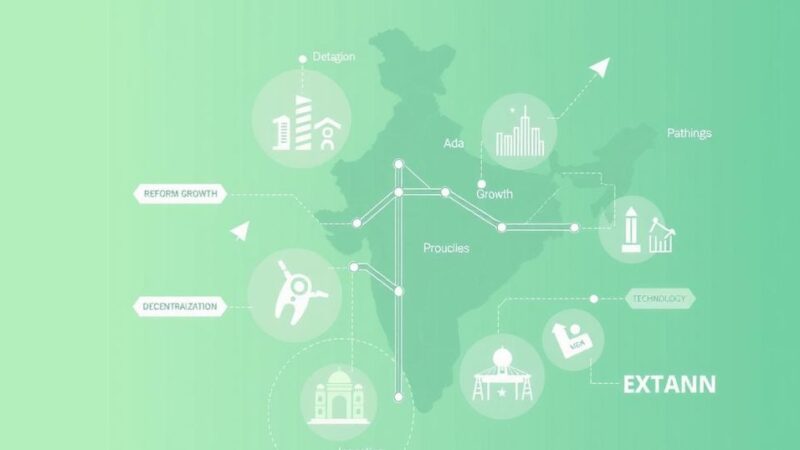Argentina’s President Javier Milei is urging citizens to deposit their hidden US dollars, but many remain skeptical due to a history of economic crises and distrust in banks. The government estimates $200 billion in “mattress dollars” exist outside of the banking system. While measures are intended to stimulate the economy, worries about money laundering have surfaced.
In Argentina, many citizens are unwilling to part with their hard-earned savings, often kept in unconventional places. Take, for instance, 84-year-old Rita Lopez, who stashes US dollars in an empty pea can in her kitchen. Having witnessed numerous economic crises over her lifetime, the former lawyer is wary of banks. “I wouldn’t even think of putting my savings in the bank,” Lopez said, preferring to remain anonymous to protect herself from potential thieves.
The government estimates there’s around $200 billion in so-called “mattress dollars,” far exceeding the central bank’s reserves. To tackle this, President Javier Milei’s administration has rolled out a new initiative aimed at encouraging Argentines to deposit these hidden dollars into banks, safety deposit boxes, or offshore accounts. As part of the plan, individuals can deposit up to 100 million pesos—which is about $88,300—without needing to disclose where the funds originated from.
The overarching aim is to boost foreign reserves, stimulate the economy, and strengthen the peso. But, skeptics like Lopez aren’t buying into the scheme. She recalls how her father lost money when he trusted banks, particularly during the infamous 2001 “corralito” period when the government restricted bank withdrawals. This draconian measure sparked public outrage, resulting in protests that led to tragic outcomes, including the death of 39 people and the downfall of a president.
Over the years, Argentina has faced 16 significant economic downturns since 1860. Lopez has experienced seven of these crises in the past five decades, seeing many people lose their life savings as inflation surged and institutions fell apart. The rampant economic instability pushed many Argentines to trade their diminishing pesos for US dollars, which they then hoard at home in cash.
Milei’s administration wants to integrate that cash flow into the formal economy. During a recent interview, he stated candidly, “I don’t care in the slightest where the dollars come from.” According to University of Buenos Aires economist Julian Zicari, until these dollars are in the banking system, they fail to contribute to foreign reserves or allow banks to lend effectively.
Since taking office in December 2023, Milei has instituted strict budget measures, leading to a decline in inflation from 211% to 118% last year, with an eye on stabilizing the exchange rate. Last year’s tax amnesty saw billions in new deposits, and Argentina recently received a $12 billion cash injection from an International Monetary Fund agreement.
Nonetheless, certain analysts are wary that this move to encourage mattress dollars might facilitate money laundering. Economist Pablo Tigani expressed concerns that by not requiring funds to be declared, illicit financial activities like drug trafficking or public corruption could be legitimized. Meanwhile, Presidential Spokesman Manuel Adorni defended the initiative, stating that individuals with undeclared cash are victims of prior excessive taxation and controls.
Despite this push from the government, Lopez firmly declares she won’t relinquish her cash stash. “One day the government tells you one thing, and then another comes along and does something completely different. I don’t trust them. I wouldn’t put my money in the bank,” she asserted, reflecting a deep-rooted skepticism prevalent among many Argentines.
Amid ongoing economic turmoil, Argentina is trying to entice citizens to deposit their hidden dollars into banks with a new initiative. However, widespread skepticism, rooted in a history of crisis and distrust towards financial institutions, leaves many, like Rita Lopez, reluctant to part with their cash. Compounding this are concerns about potential money laundering, leading to a complex landscape as the government pushes to stabilize the economy and boost foreign reserves.
Original Source: www.taipeitimes.com






